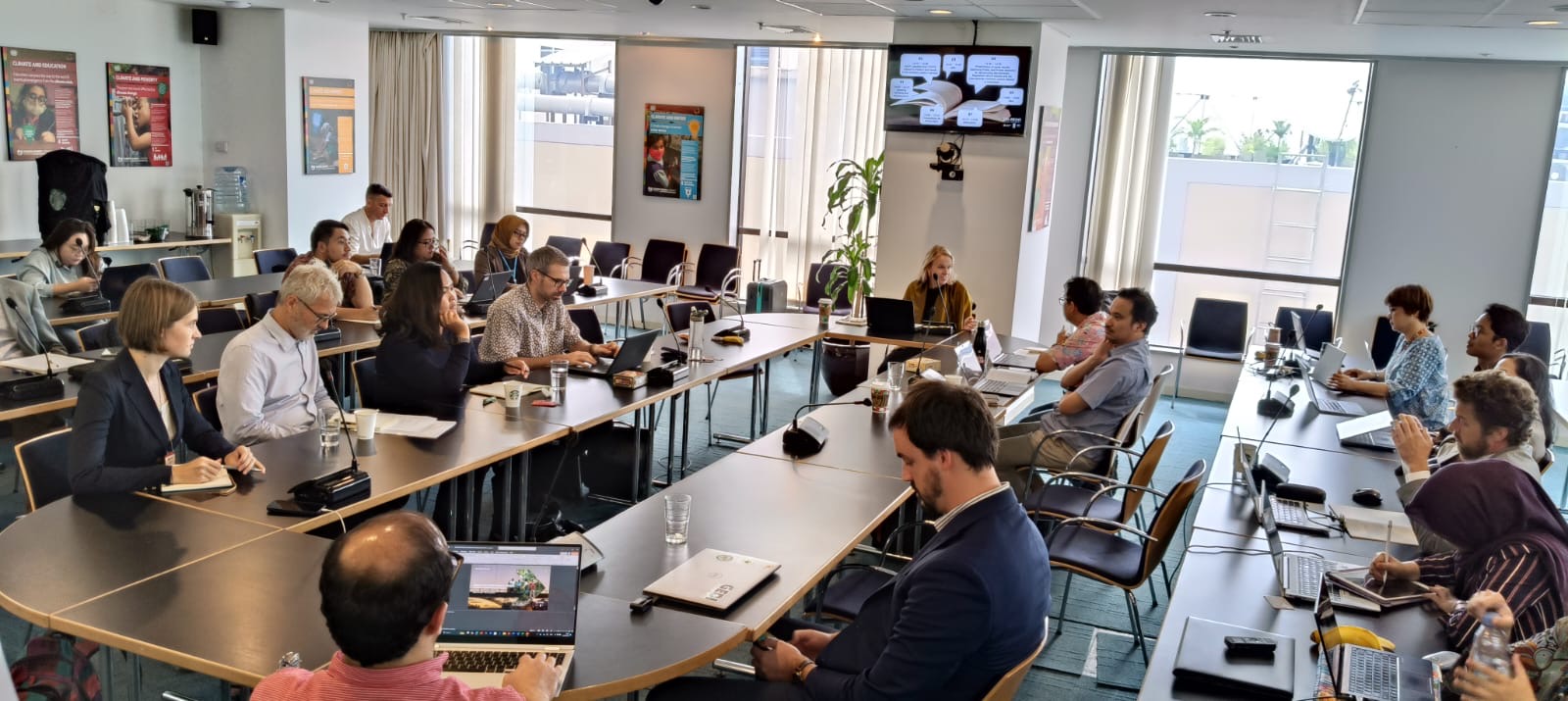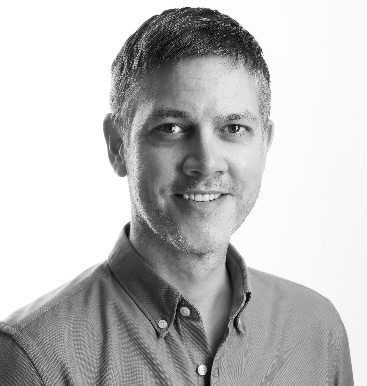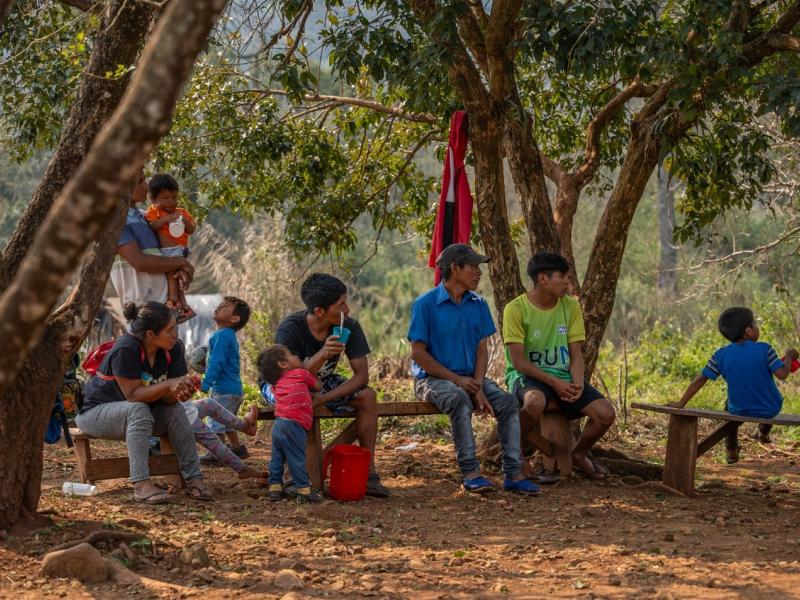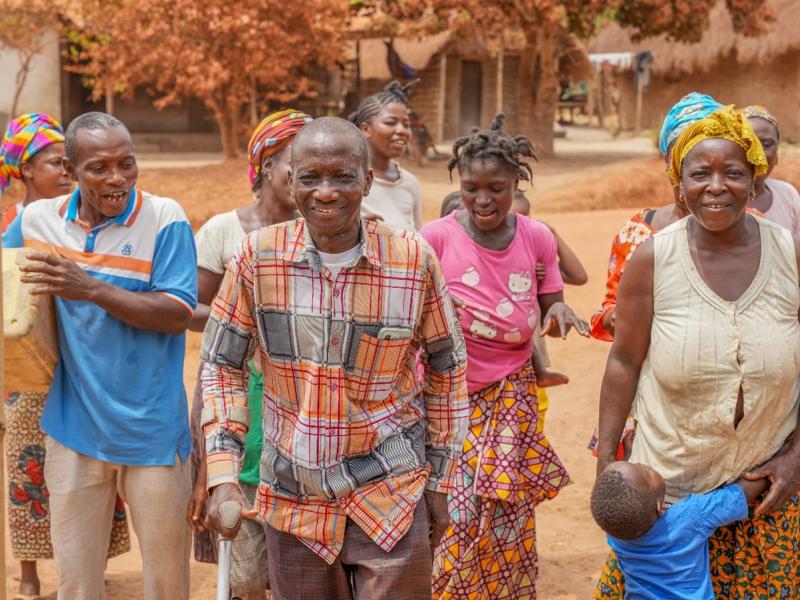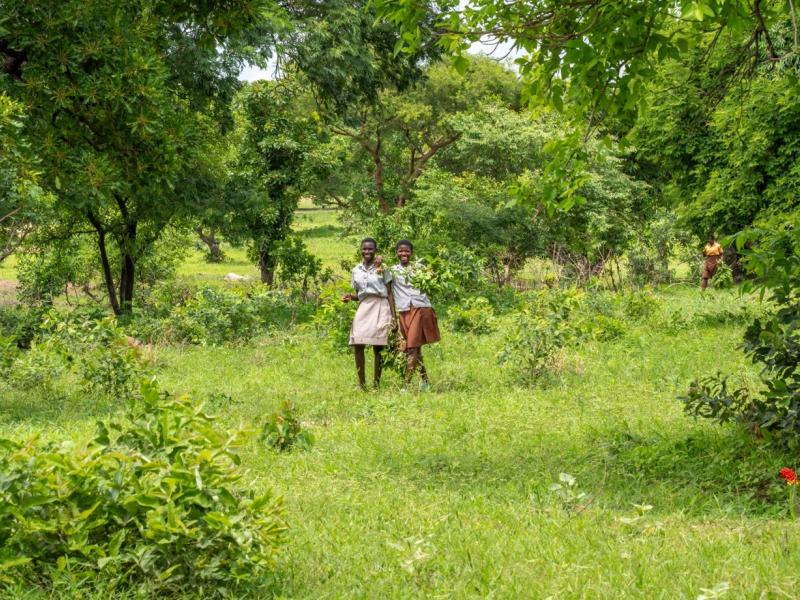In the wake of global agreements made at COP29 on further Article 6 guidance, development partners, donors and business leaders forged ahead in Jakarta this month, by discussing the best ways to harmonize regulated and voluntary carbon markets to ramp up finance towards forest conservation and climate action in their nationally determined contributions (NDCs).
Indonesia, home to the world’s third largest tropical rainforest, hosted the UN-REDD organized knowledge exchange in the capital Jakarta on 4 December, with attendees that included senior technical experts and advisors on forest carbon markets, international donors, business and civil society officials.

Bringing together diverse actors from development partners, the private sector, and civil society is critical for creating the innovative solutions needed to align carbon markets and achieve ambitious NDCs,” said Celina Yong, Senior Regional Technical Advisor on Climate and Forests at UNDP and the UN-REDD Programme.
Earlier this year, Indonesia's President Prabowo Subianto was reported in media to be planning to launch a green economy fund by selling carbon credits from forest projects, aiming to raise USD 65 billion within four years.
Prabowo, who took office in October as president of Indonesia, also reaffirmed his country’s commitment to the Paris Agreement at COP29 in Baku last month, after one of his senior advisors pledged to ramp up renewable energy investments and rehabilitate more than 12 million hectares of forests.
Ensuring Indonesia’s vast forests are protected will be vital for the world to limit temperature rises but increased finance will be needed.
Under the UN-REDD Programme, UNEP supported the government recently by publishing a study on “Regulatory Synergy: Balancing Public and Private Interests in Harmonizing Indonesia’s Regulated Domestic Carbon Market and Voluntary Carbon Markets”.
Key objectives of the study were to:
-
Provide policy recommendations that align Indonesia’s carbon market with international standards while maintaining its sovereign commitments under the Paris Agreement.
-
Outline potential market-based solutions that foster both domestic and international trades in carbon credits, ensuring robust participation from project developers, companies, and international investors.
-
Develop a framework that balances public interests (e.g., achieving NDCs, state revenue) and private sector incentives (e.g., carbon credit generation, profitability from voluntary markets).
The study recommends that to help fund their national climate ambitions, Indonesia must integrate both regulated domestic carbon markets - which include compliance-driven mechanisms like the Emission Trading System (ETS), and voluntary carbon markets (VCM) for private actors and organizations looking to offset emissions through carbon credit initiatives.
“Integrating these two markets creates a flexible, multifaceted approach that increases involvement in carbon reduction activities while also offering economic opportunities for businesses, communities and governments. The UN-REDD Programme is on hand to offer technical support, while facilitating a convening platform for diverse partners, to work with Indonesia to harmonize these carbon markets,” Annette Wallgren, UN-REDD Regional Coordinator for Asia at UNEP, told delegates at the Jakarta event.
After COP29, pivotal decision texts under Article 6 of the Paris Agreement have now been reached, potentially broadening opportunities for countries like Indonesia to leverage REDD+ finance and enhancing the mechanisms for international carbon market participation.
The knowledge exchange in Jakarta provided an opportunity to gather key international partners in Indonesia and to share and discuss the updates related to the COP29 as well as the UNEP study, and what implications it has for Indonesia.
With its far-reaching expertise across critical issue areas, its trusted relationship as a neutral partner, and its ongoing engagement on the broader 2030 Agenda, the UN-REDD Programme and wider UN system can help ensure countries have access to what they need to define and deliver more ambitious NDCs.
